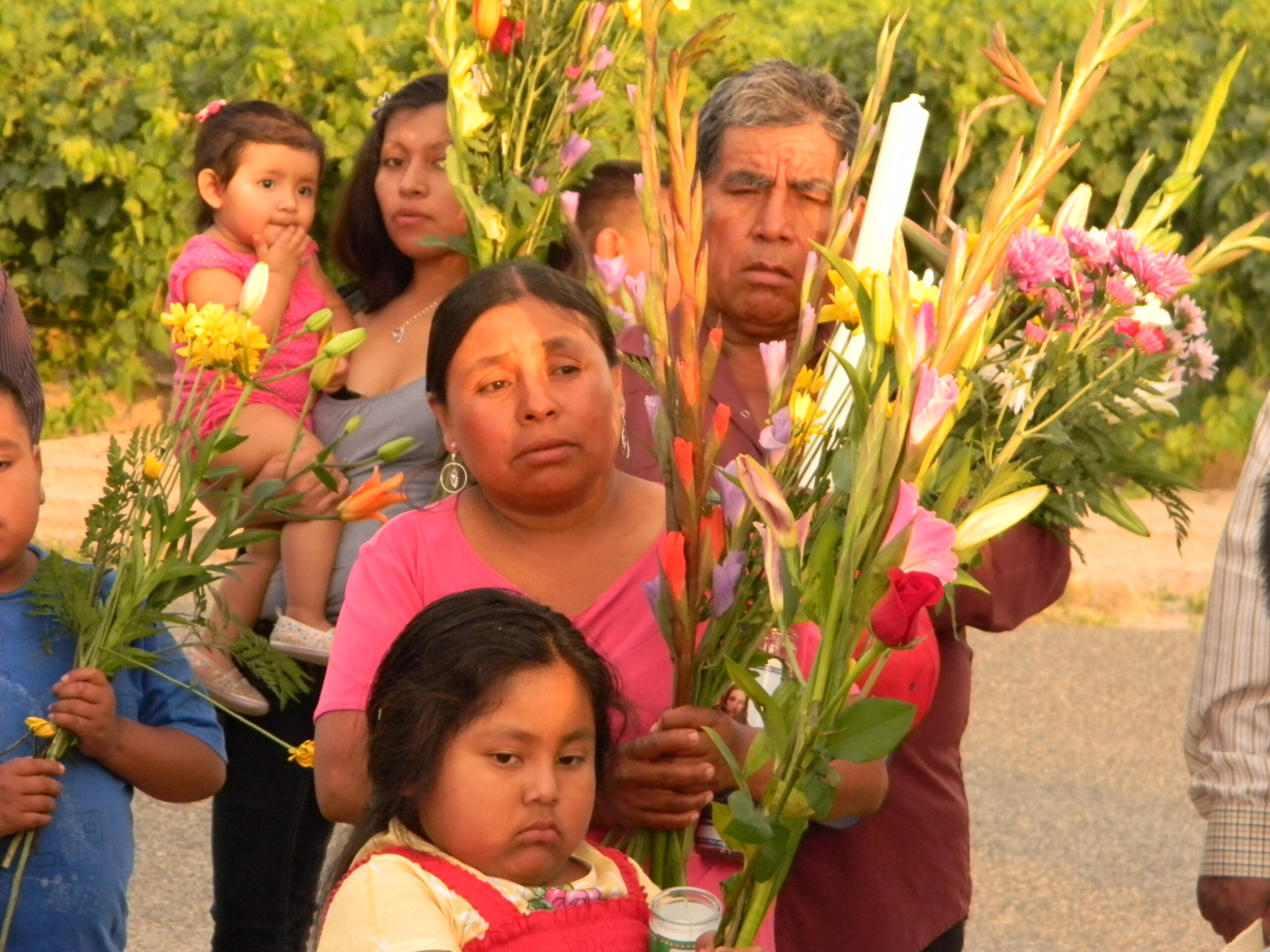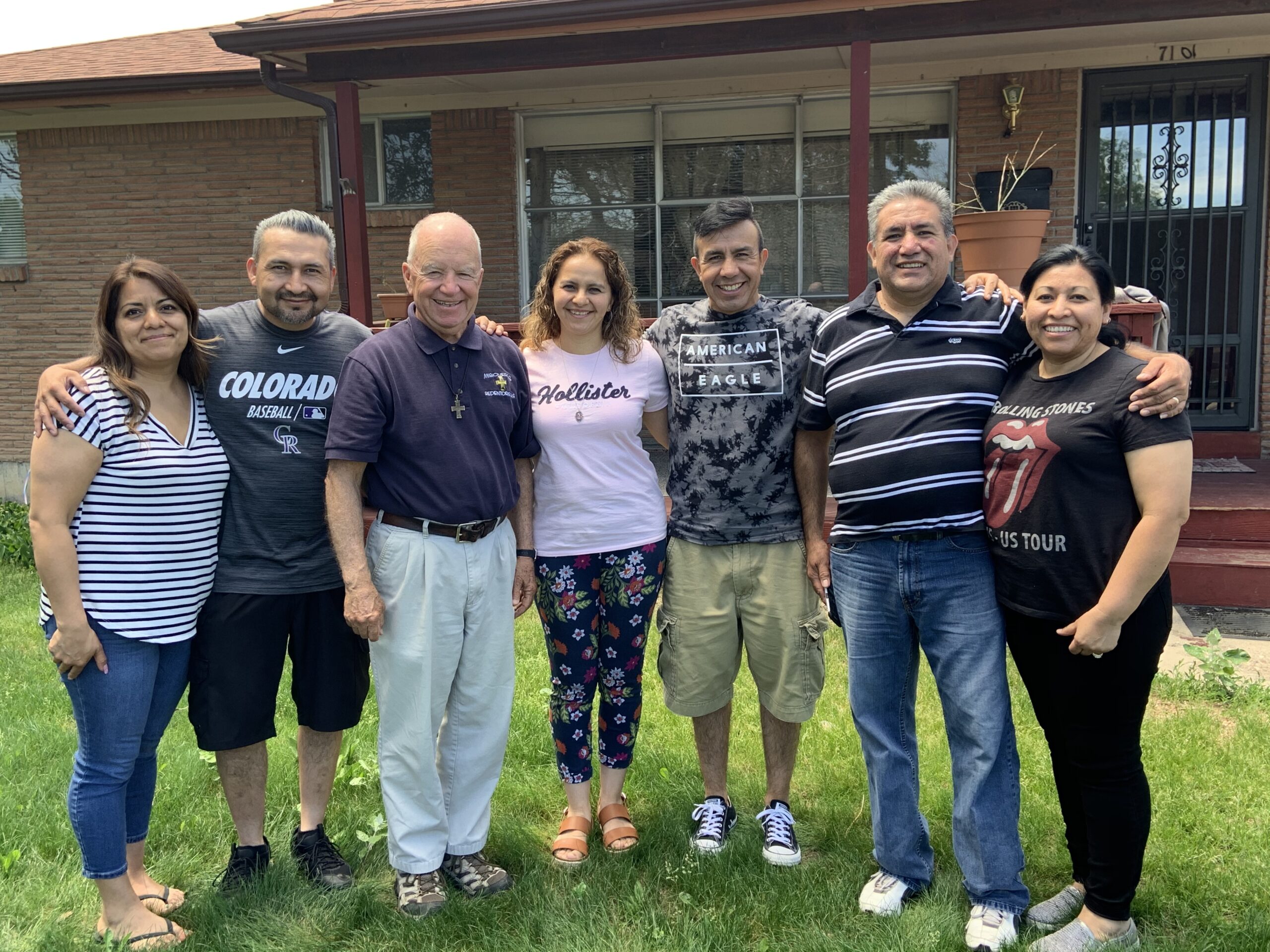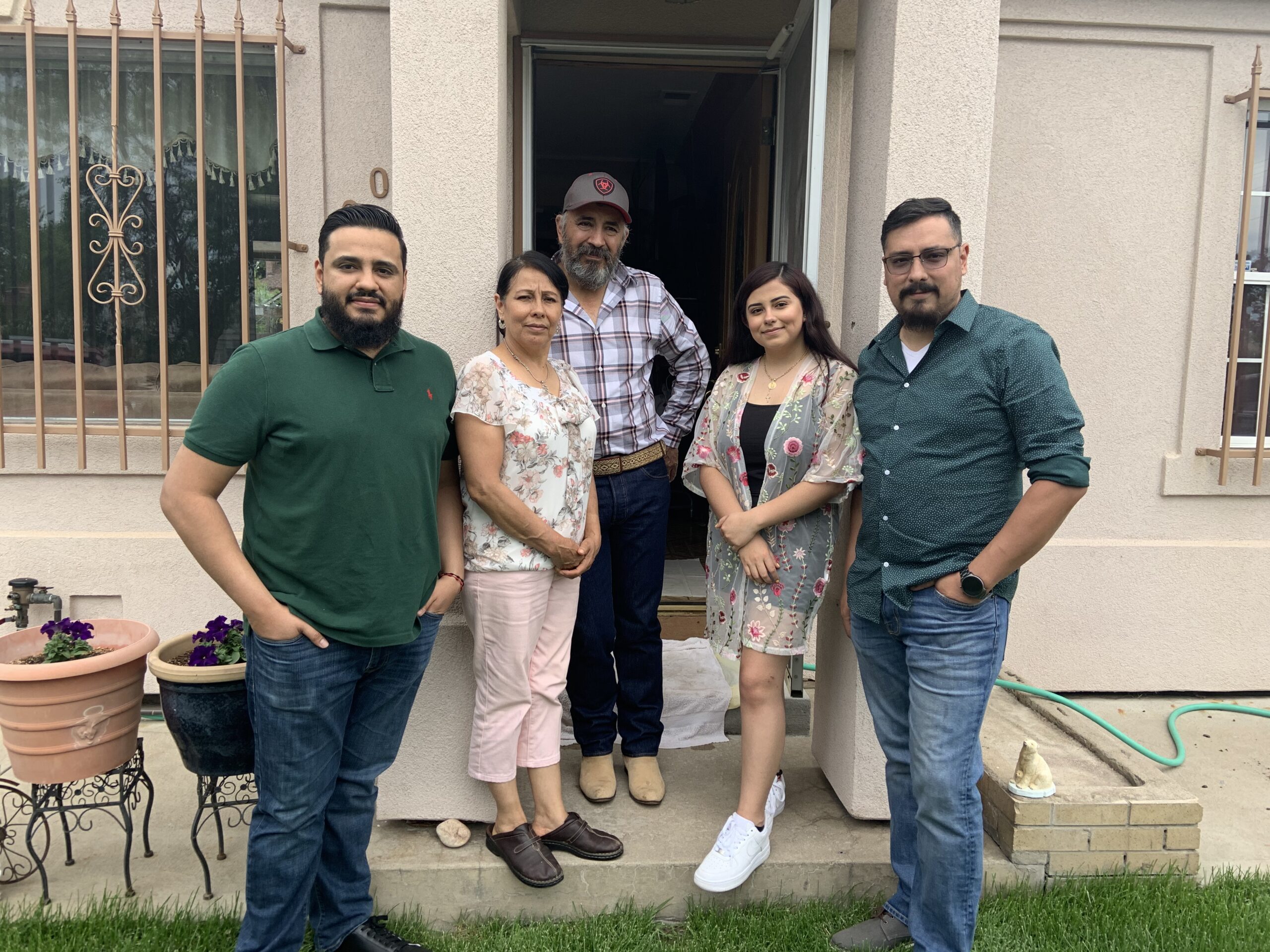6. Favorite themes: The Law of Love – La ley del Amor
Al hablar con alguien sobre inmigración, un amigo insistió: “Necesitamos la ley”. Mi pregunta fue: “¿Por qué? ¿Por qué necesitamos la ley?” Al principio, se sintió ofendido, pero yo quería dejar claro un punto. Antes de que se proponga o se escriba la ley, la primera pregunta debería ser: “¿Por qué necesitamos esta ley?” En la mayoría de las aplicaciones de la ley en los Estados Unidos, la ley limita la libertad. Afirmamos ser una nación de los libres, pero nuestras leyes regularmente son mandatos que limitan el abuso de la libertad. Cuando está mal redactada, mal interpretada o mal aplicada, la ley no responde a un daño real, y niega lo que es bueno.
Jesús dijo que no vino a abrogar la ley, sino que vino a cumplirla. Dejó claro que la ley que llegó a cumplir no se basaba en limitar la libertad, sino en honrar y proteger la libertad.
La ley del amor
¿Cuál es el mandamiento más importante?
“Amarás al Señor tu Dios con todo tu corazón, con toda tu alma, con toda tu mente y con toda tu fuerza, y amarás a tu prójimo como a ti mismo”. (Mc 12,30,31)
Jesús dijo que la “Ley del Amor” resume la ley y los profetas. Hoy en día, cuando gente habla de “ley”, la mayoría de las veces se trata de limitar las acciones humanas y la libertad. Cuando vemos la ley como limitante o controladora, no reconocemos que, en lugar de limitarnos, Jesús vio la ley del amor como una forma de liberarnos para tener una relación con Dios y con nuestro prójimo.
Trabajar con migrantes e inmigrantes informa mi comprensión de “¿quién es mi vecino?” El migrante es una persona que merece mi atención. Jesús dijo: “Cuando era un extraño, me recibías …” Puede que no esté bien vestido, limpio y no huela muy bien, sin embargo, es mi vecino.
La ley del amor nos llama a amar lo desconocido e incomprendido. Ese amor no se gana con lo que uno merece. Jesús nos llama a amar a nuestro prójimo. Es puro y simple. Al ver al extraño en necesidad, la tentación es guiarlo y ocuparse de su necesidad. O podemos seguir, buscando presionar a la persona para que obtenga la ayuda necesaria. Nuestro verdadero llamado es simplemente caminar con el otro. Acompañemos a los más abandonados en su camino.
Sigo buscando ayuda
Ayúdame a preparar un programa sacramental para niños con necesidades especiales y tiempo limitado de preparación.
Por favor comparte conmigo tus recuerdos. Escribir a: [email protected]
In speaking with someone about immigration, a friend insisted, “We need law.” My question was, “Why? Why do we need law?” At first, he was offended, but I wanted to make a point. Before law is proposed or written, the first question should be, “Why do we need a law?” In most applications of law in America today, law limits freedom. We claim to be a nation of the free, but our laws regularly are regulatory mandates that limit the abuse of freedom. When poorly written, poorly interpreted or poorly enforced, law fails to respond to a real danger and denies access to a real need.
Jesus said that he did not come to destroy the law, but he came to fulfill the law. He made clear that the law he came to fulfill was not based on limiting freedom, but on honoring and protecting freedom.
The Law of Love
What is the greatest commandment?
“You shall love the Lord your God with all your heart, with all your soul, with all your mind, and with all your strength, (and) You shall love your neighbor as yourself.” (Mk 12: 30, 31)
Jesus said that the “Law of Love” sums up the law and the prophets. Today, when people speak of “Law”, most often it involved limiting human actions and freedom. When we see law as limiting or controlling, we fail to recognize that instead of limiting us, Jesus saw the law of love as freeing us to be in relationship with God and with our neighbor.
Working with migrants and immigrants informs my understanding of “who is my neighbor?” The migrant is person deserves my attention. Jesus said, “When I was a stranger, you welcomed me….” He may not be well dressed, clean and smell great. Yet, he is my neighbor.
The law of love calls on us to love what is unknown and misunderstood. Such love is not earned by what one does. Jesus calls on us to love our neighbor. It is pure and simple. When seeing the stranger in need, the temptation is to lead and take care of his/her need. Or we may follow, seeking to push the person to get the help needed. Our true call is simply to walk with the other. Let us accompany the most abandoned in their journey.
Still looking for help
Help me prepare a sacramental program for children with special needs and limited time for preparation.
Please share with me your memories. Write to: [email protected]
Oh Jesús, tú nos llamas: “Síganme”. Bendice, Señor, a todos los que acogen tu llamado. Puede que el camino no sea fácil, pero tenemos la confianza de que todo es posible si caminamos contigo. Que este viaje nos abra los ojos a las maravillas de tu amor por nosotros. Oramos por toda tu gente, por todos los creyentes e incrédulos, por los líderes y seguidores. Oramos por la sanación, el perdón, la compasión, la justicia y la paz. Oramos para que, al seguirte, nosotros también podamos ser pescadores de hombres. Bendícenos en nuestro viaje.
O Jesus, you call us, “Come after me.” Bless, O Lord, all who welcome your call. The path may not be easy, but we have confidence that all things are possible if we walk with you. May this journey, open our eyes to the wonders of your love for us. We pray for all your people, for all believers and unbelievers, for leaders and followers. We pray for healing, for forgiveness, for compassion, for justice, for peace. We pray that as we follow you, we too can be fishers of men. Bless us on our journey.





